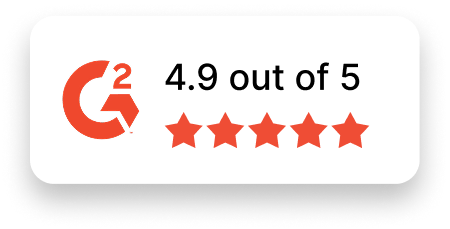Kafka Developer Job Description Template
Use this template to craft job descriptions for hiring Kafka Developers. Tailor it to meet your organization’s goals and specific requirements.
Job Title: Kafka Developer
Location: [Specify Location or Remote]
Job Type: [Full-time/Part-time/Contract]
About the Role
We are seeking a skilled Kafka Developer to design, implement, and manage Apache Kafka event streaming platforms that enhance our data architecture. You will develop real-time data pipelines and help integrate Kafka with various systems to ensure seamless data flow and processing.
If you thrive in building scalable, high-performance systems and enjoy solving real-time streaming challenges, we’d love for you to join our team!
Responsibilities
- Develop, deploy, and manage Kafka-based solutions to meet real-time event streaming requirements.
- Design and optimize Kafka producer/consumer applications for high throughput and low latency.
- Create, maintain, and manage Kafka topics, partitions, and configurations.
- Implement data pipelines and integrate Kafka with other systems and tools in the ecosystem.
- Monitor and troubleshoot Kafka clusters to ensure efficient performance and reliability.
- Design and develop message schema using formats like Avro or JSON for data consistency.
- Perform capacity planning and scalability assessments in Kafka infrastructure.
- Collaborate with data engineering, DevOps, and applications teams to align Kafka solutions with business needs.
- Ensure data security and compliance in Kafka implementations through proper access controls and encryption mechanisms.
- Document processes, configurations, and best practices for team members and stakeholders.
Required Skills & Experience
- Bachelor’s degree in Computer Science, Information Technology, or a related field (or equivalent experience).
- Proficiency in Apache Kafka architecture, components, and ecosystem tools such as Kafka Connect, Kafka Streams, and Schema Registry.
- Strong programming skills in Java, Scala, or Python.
- Experience with distributed messaging systems and real-time data processing.
- Understanding of microservices architecture and the role Kafka plays in event-driven systems.
- Expertise in working with data serialization formats such as Avro, Protobuf, or JSON.
- Knowledge of cloud platforms like AWS, Azure, or Google Cloud, including their managed Kafka services.
- Familiarity with monitoring, logging, and metrics tools such as Prometheus, Grafana, or Confluent Control Center.
- Experience with CI/CD pipelines and version control tools like Git.
- Solid problem-solving skills and the ability to debug and resolve real-time data challenges.
Nice-to-Have Skills
- Certifications in Apache Kafka or related technologies.
- Knowledge of infrastructure as code tools like Terraform or Ansible for Kafka cluster setup.
- Background in integrating Kafka with big data platforms such as Hadoop, Spark, or Flink.
- Experience in system resilience and recovery strategies specific to Kafka.
- Familiarity with containerization tools such as Docker or Kubernetes for managing Kafka environments.
- Knowledge of stream processing frameworks like Apache Flink or Apache Samza.
- Understanding of high-availability configuration and multi-cluster Kafka setups.
- Proficiency in deploying Kafka clusters on hybrid or multi-cloud environments.
Why Join Us?
- Cutting-Edge Projects: Work on innovative Kafka implementations that power real-time data streaming solutions.
- Talented Team: Collaborate with a passionate group of professionals who thrive on challenges and innovation.
- Career Development: Gain access to professional development opportunities, including training and certifications.
- Flexibility: Enjoy hybrid or remote work arrangements to ensure a healthy work-life balance.
- Inclusive Workplace: Be part of a diverse organization committed to fostering equity, inclusion, and respect.
Apply Now
Are you ready to take your Kafka expertise to the next level? Join [Your Company Name] as a Kafka Developer and help us transform real-time data streaming. Apply today!

